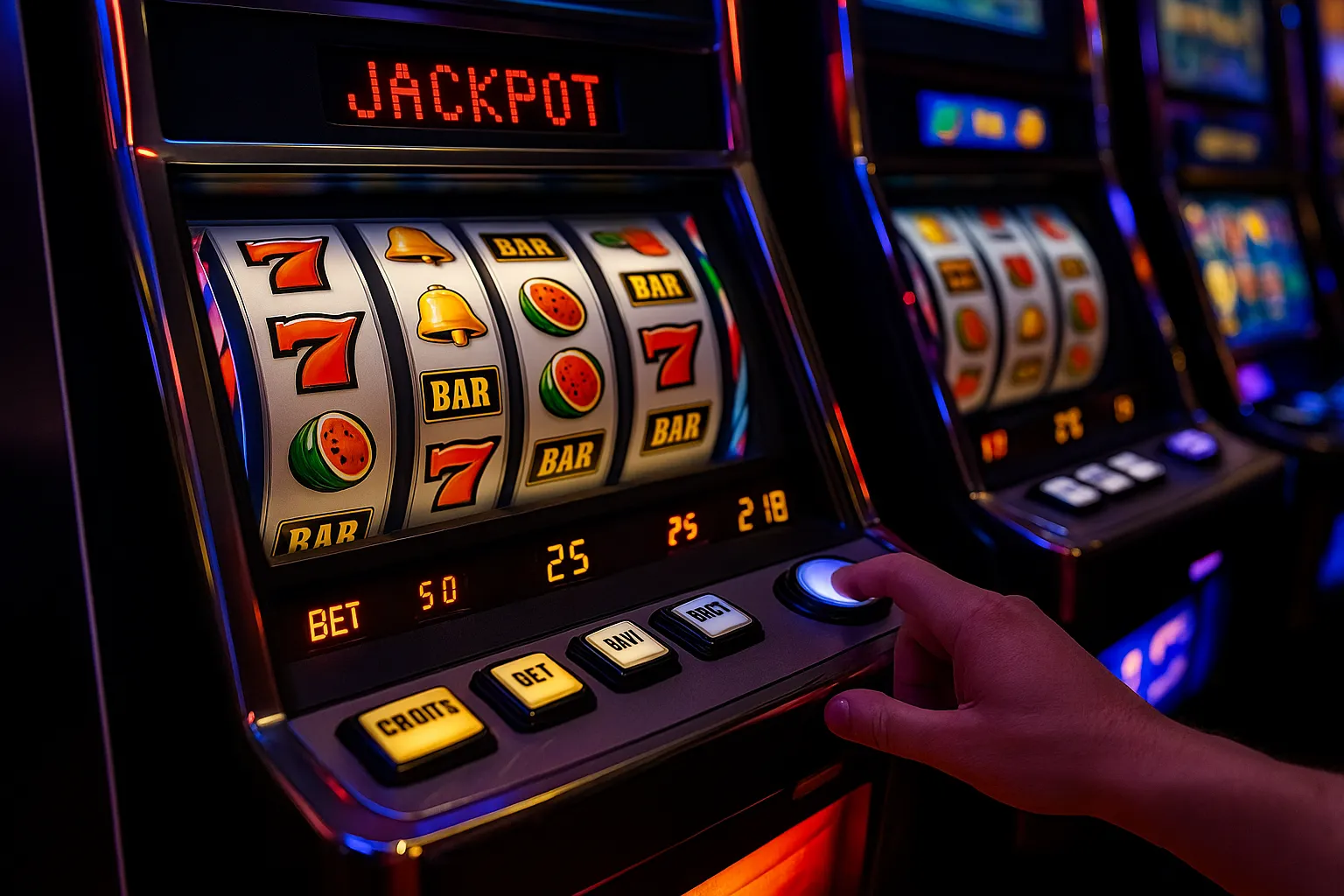If you’ve ever played slots, you might have noticed that some games seem to pay out more often, while others feel incredibly tight, leaving you spinning endlessly with little reward. This isn’t just your imagination—there are real reasons behind why some slot games feel “looser” than others. The balance between design, mathematics, and psychology makes slots one of the most fascinating areas of casino gaming, both online and offline.
The Mechanics Behind Slot Game Design
Every slot game operates on a foundation called the Return to Player (RTP) percentage. This figure indicates how much of the money wagered on a machine is expected to be returned to players over time. A game with a 97% RTP will statistically pay back more than a slot with a 92% RTP, although this is measured across millions of spins, not individual sessions.
Beyond RTP, volatility plays a big role. High-volatility slots deliver larger but less frequent payouts, which can make them feel tighter. Low-volatility slots, on the other hand, offer smaller but more regular wins, giving players the impression that they are looser. This variance is a deliberate design choice by developers to appeal to different types of players.
The Influence of Player Perception
While the math determines actual outcomes, player perception often tells a different story. Some games use vibrant visuals, engaging sounds, and frequent small wins to make players feel like they’re always on the edge of a big payout. This creates the sensation of a looser game, even if the long-term return is similar to a “tighter” machine.
It’s a psychological effect not unlike what we see in fast-paced formats like crypto crash games, where the rising multipliers and the tension of deciding when to cash out create the perception of control and excitement. Even though the odds remain mathematically fixed, the design amplifies the thrill and makes outcomes feel more rewarding—or riskier—depending on the player’s perspective.
Casino Strategy and Payout Distribution
Casinos also play a role in how loose or tight slots feel. They may strategically place looser machines in high-traffic areas to attract players with visible wins. Tighter machines, meanwhile, may be tucked away or used on branded titles where players are willing to pay for the experience, even with lower chances of frequent payouts.
Online casinos use similar strategies. Games with higher RTPs are often promoted to keep players engaged, while tighter slots with popular themes still attract attention because of their branding or jackpot potential.
The Role of Random Number Generators
At the heart of every slot is the Random Number Generator (RNG), a system that ensures outcomes are entirely random and not influenced by previous spins. The RNG is what guarantees fairness, but because randomness can include streaks, players may feel a game is either “hot” or “cold” at any given time.
This is why two players can have very different experiences on the same slot machine—one may hit several small wins in quick succession, while another may endure a long dry spell. Both outcomes are part of the same mathematical design.
Themes, Features, and Player Engagement
Game developers know that beyond math and psychology, entertainment is key. Bonus features like free spins, multipliers, and interactive mini-games make slots feel more rewarding, even if the payouts are average. A game loaded with features can give the impression of being looser because players are consistently engaged with different outcomes.
Themed slots—based on movies, myths, or pop culture—can also affect perception. Players emotionally invested in a theme may feel more satisfied with smaller wins, interpreting the experience as more rewarding overall.
Why Looseness Feels Different Across Platforms
Interestingly, the platform also influences perception. Online slots often have higher RTPs compared to land-based machines, due to lower operating costs for digital platforms. Players may feel online slots are looser simply because they statistically pay back a little more.
However, land-based casinos offer the immersive environment of lights, sounds, and crowds, which amplifies the excitement of even small wins. Both experiences can shape how loose or tight a slot feels to the player.
Final Thoughts
So why do some slot games feel looser than others? It’s a combination of mathematical design (RTP and volatility), casino strategy, player psychology, and game features. A slot with frequent small wins, engaging visuals, and bonus rounds will almost always feel looser than a high-volatility jackpot slot, even if both are statistically fair in the long run.
At the end of the day, “looseness” is as much about perception as it is about numbers. Recognizing how these elements come together can help players make more informed choices—and enjoy the games for what they truly are: a blend of chance, design, and entertainment.








